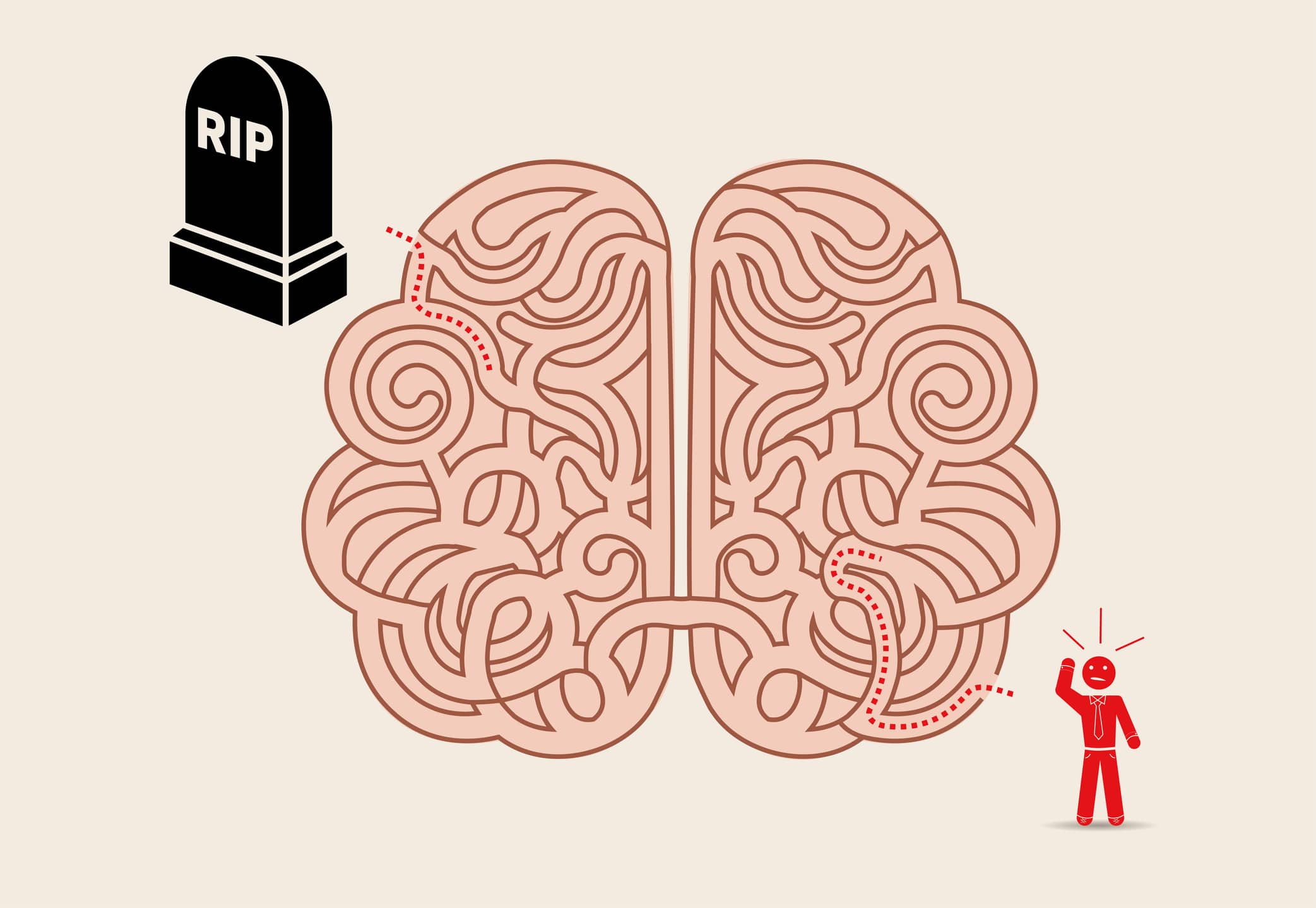
Funeral Planning Checklist
There are not many things that hurt like losing a loved one. The bereaved and all others in mourning can sometimes have overwhelming feelings of grief.
Sometimes, these feelings are so present that some other essential arrangements after death get overlooked. However, notwithstanding the pain the bereaved feel, someone must do the funeral planning.
Planning a funeral ceremony and other funeral arrangements can indeed be difficult because of all the other emotions that need to be dealt with. Fortunately, you are not alone.
Florida Probate Law Firm is happy to provide you with a comprehensive guide to funeral planning for yourself or a loved one. It is a list of simple steps to take in the event of losing a loved one to ensure that the deceased gets a befitting goodbye.

1) Understanding Your Options
There are many directions you can take in preparation for a memorial service. The path you choose will often be based on many factors unique to you – people or things remarkable to you or the deceased, experiences that most describe the deceased, the money factor, and several other items of consideration.
Having a good understanding of options is crucial in setting you on the right path. It will prevent you from making decisions you are not comfortable with. You will need to decide on the choice of funeral homes, selection of funeral directors, pricing of funeral homes, your budget, the form of disposition, type of casket, type of service, location of the ceremony, relevant regulations, and many other criteria.
There are several available options for each step in planning a funeral ceremony. It helps to know that there is not merely one way to go.
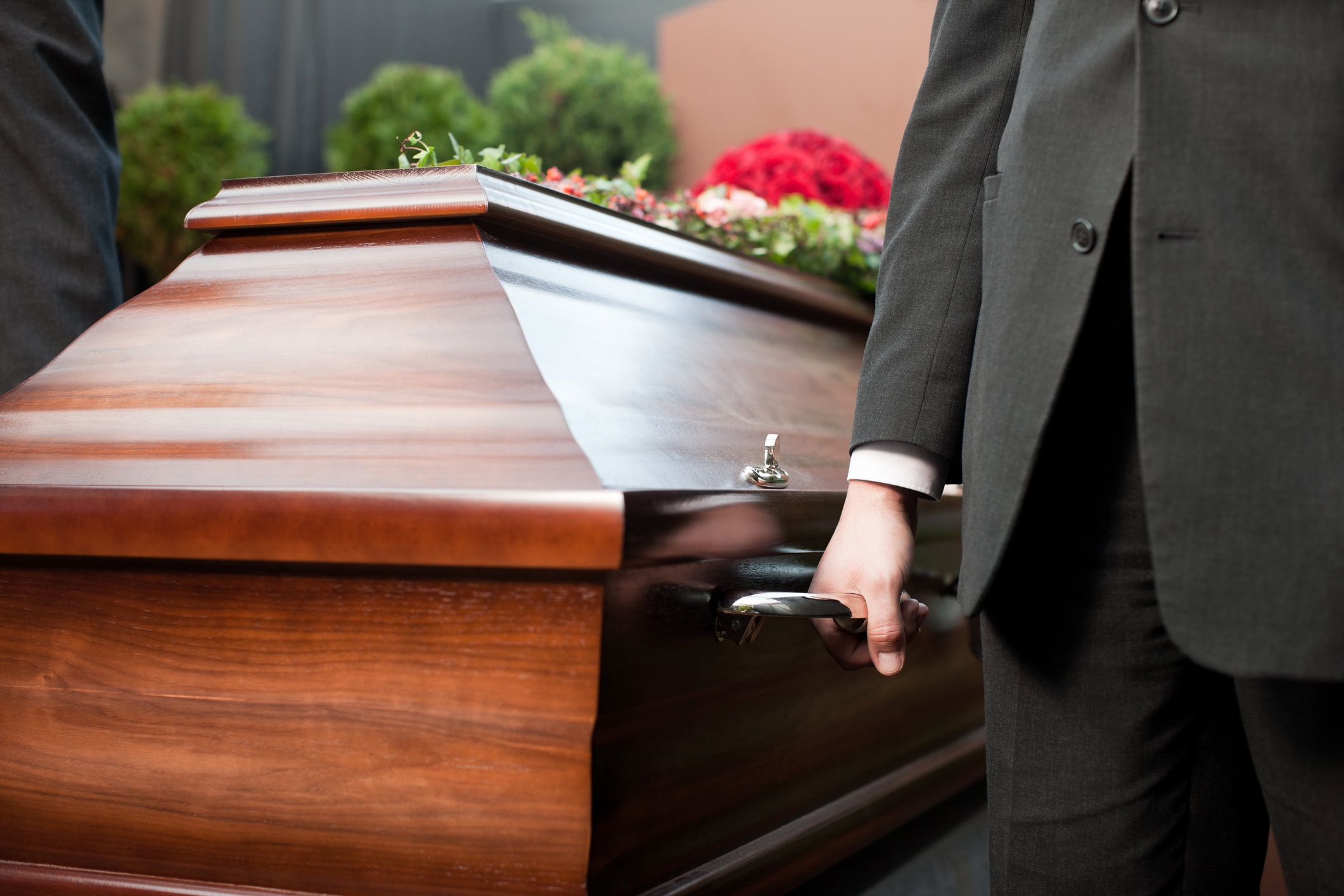
2) Get in Touch with a Funeral Director
A funeral director’s duties are to manage a funeral home and take care of a funeral home’s details.
Think of a funeral director as your head of logistics and right-hand man. It is very likely that you already have a mental picture of the funeral ceremony. But to bring this mental picture to life, you will need a funeral director’s services to act as your hands.
Working with a funeral director of your choice would reasonably mean that you have selected a funeral home as well. If you’re in Florida, you could get in touch with a funeral director today.
However, to help the funeral home and funeral director function optimally, you need to have a vision of what you want the process to look like.
Next, we will explain how to create your outline for the funeral ceremony.
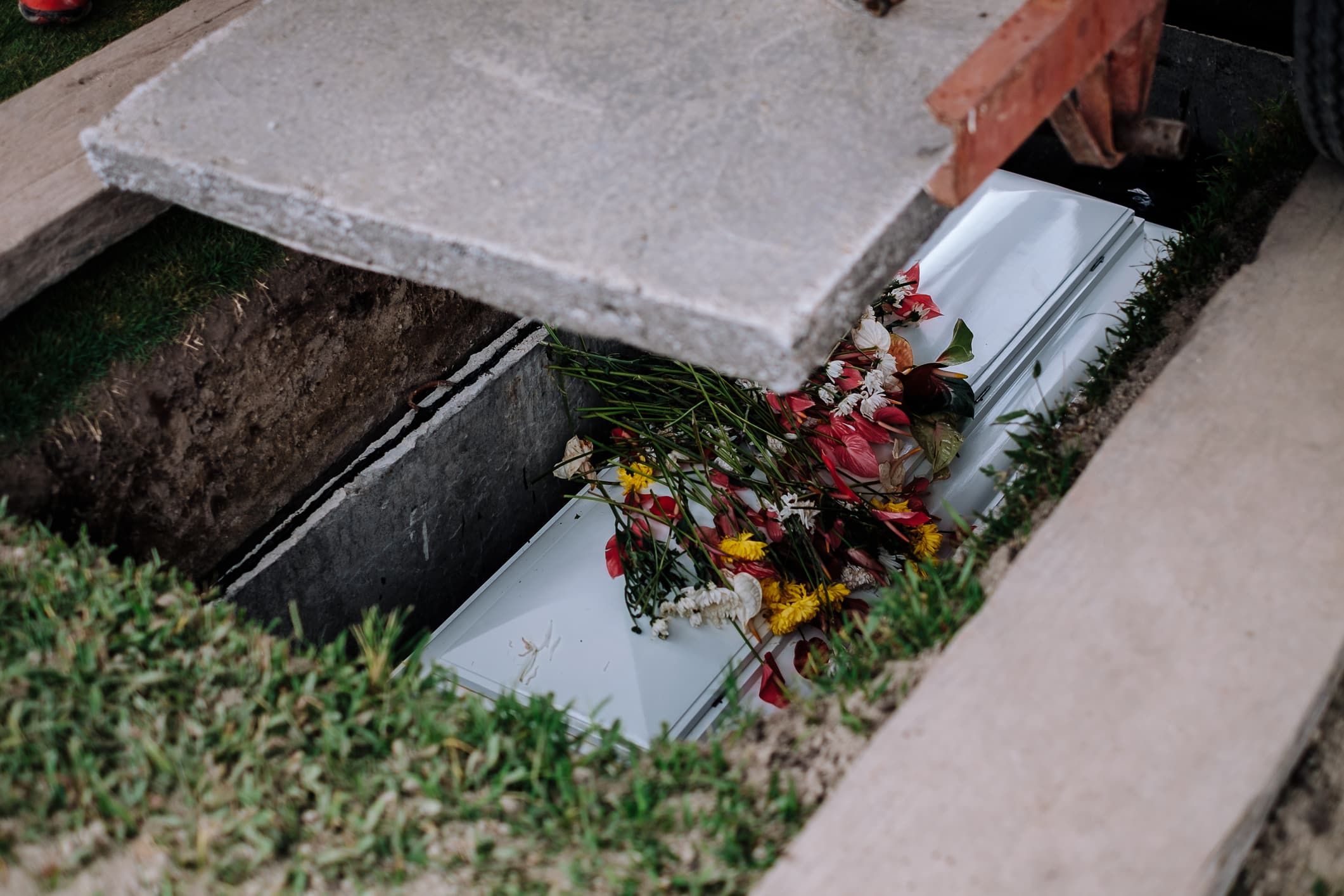
3) Select Your Preferred Method of Disposition
There are many ways to dispose of the body of the deceased in finality. Each of these ways can potentially alter the trajectory of the funeral ceremony.
Before describing some of the most popular ways of final body disposition, it is important to know that the final disposition of the body does not need to be done before the funeral ceremony.
For example, suppose you wish to cremate the deceased (as a method of final disposition). In that case, you can still choose to hold a funeral ceremony with the embalmed body of the deceased.
The term ‘final’ is only to describe the last form the deceased body will take. It can take any other state before the final disposition.
The most widely preferred methods of disposition include but are not limited to:
- Cremation: Cremation is a process that reduces the body by heat to small bone fragments or ashes. Cremation is often viewed as a cost-effective and space-saving option when compared to other disposition methods.
- Conventional Burial: Conventional burial is perhaps the most popular method of disposition. It involves placing the deceased below the ground (usually in a casket) or above ground in a mausoleum (also called entombment).
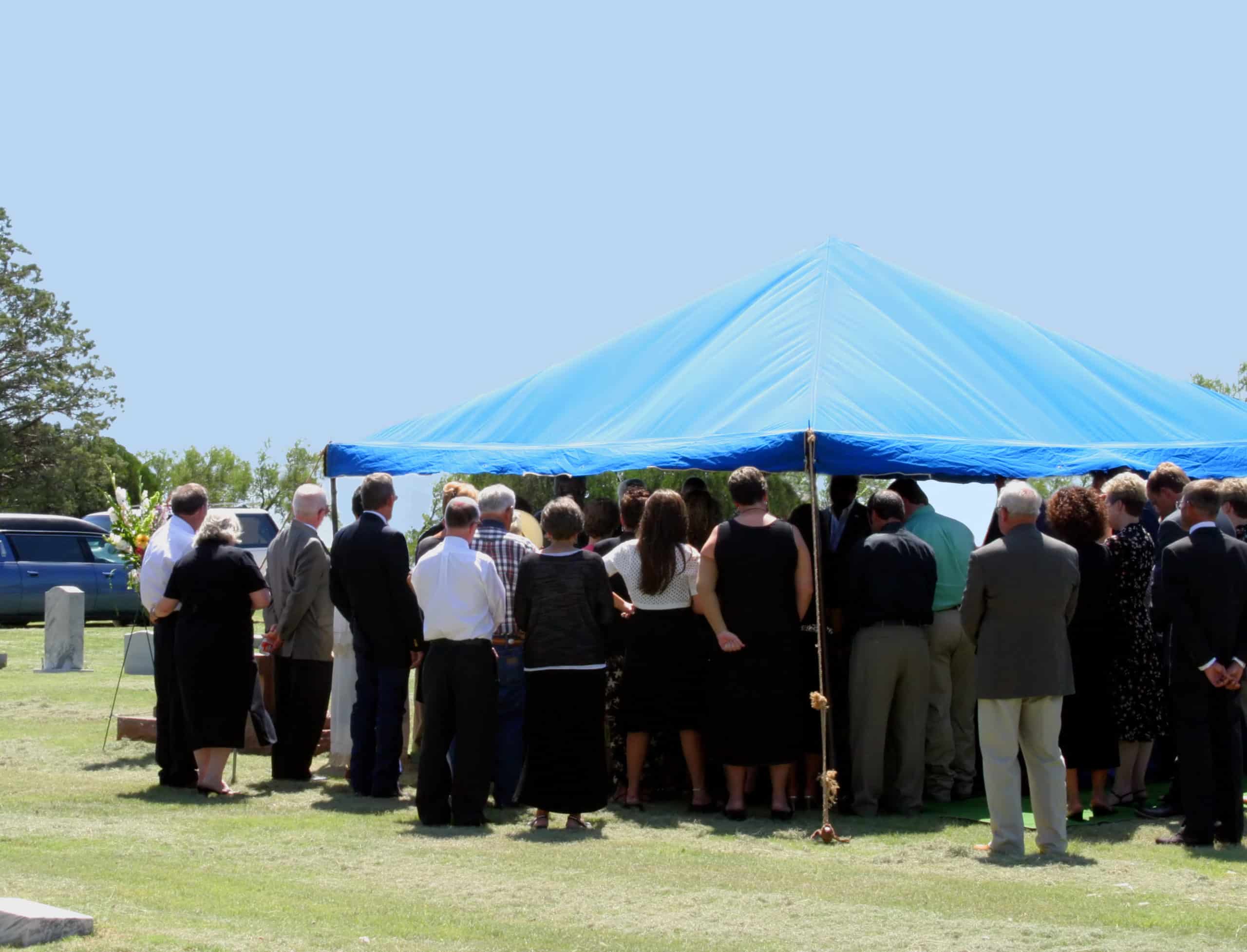
4) Decide What Type of Service Serves the Best Interests
Like almost everything else in contemporary society, the idea of a traditional funeral is changing. Many people choose to deviate from the conventional approach to funeral services so they can make the experience feel more “personal.” Making the service more personal is all about adding and subtracting elements considering the deceased’s unique qualities.
There are typically these different types of service –
- Funeral Service – This type of service occurs before the body’s final disposition.
- Memorial Service – This service takes place after the final disposition of the body.
- Graveside Service – A graveside service held at the burial site.
The location of a funeral or memorial service is a vital decision as well. Depending on what your vision of the service looks like, you can choose to hold a service in your home, in a place of worship, or a separate private or public location.

5) Plan the Funeral Service
As in the case of many successful events, a funeral service will require in-depth planning.
There are many things to consider when planning a funeral service. Some of the things you need to do are:
- Select an officiant(s): An officiant conducts the service much in the way a master of ceremony conducts regular events. An officiant may be a religious leader, a funeral director, or a person who knew the deceased.
- Make a List of the Attendees: If you have chosen for the funeral service to be private, make sure to draw up a list of attendees.
- Provide for Readings: Religious services typically make provisions for readings from spiritual texts. It is better to know who will read and what needs to be read.
- Select Speakers/Eulogists: A funeral service needs a eulogy to be delivered to help everyone remember the deceased.
- Make Provisions for Pallbearers: Choose a burial ground where the final disposition is going to be. Funeral directors work with funeral homes to make available pallbearer services.
- Get Someone to Record the Whole Event: This helps keep treasured memories alive.
- Add a Personal Touch: Memorabilia could be displayed for every attendee to see and remind them of something unique to the deceased.
- Make Formal Transportation Arrangements: Work with the funeral home to decide how the body will be moved from one place to another.
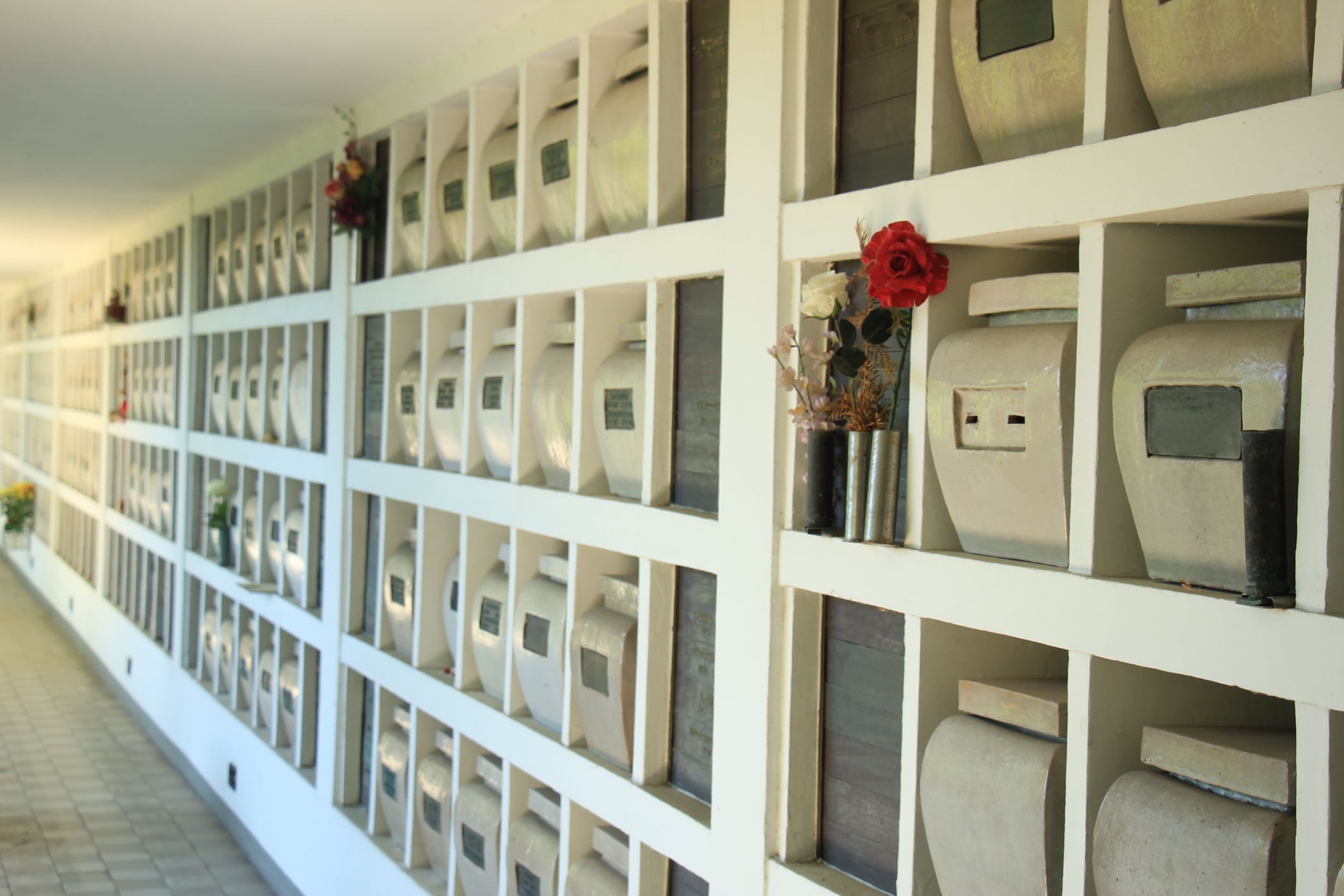
6) Decide What State the Body Will Remain in, and the Requirements to Maintain That State
Before the body’s final disposition, you still get to decide what the body’s physical state will be at the funeral service.
In an Open Casket funeral service, the body’s physical state will need to be prepared for viewing and will therefore require embalming. Embalming may not be necessary where there is no open casket during the funeral.
As for products required to maintain the body’s state, cremated remains will need to be put in a cremation casket or urn. A body prepared for burial will need to be placed in a casket (if one’s religion allows it).
The Florida Cemetery, Crematory and Funeral Association (FCCFA) can help with this step.
7) Decide How to Handle Contributions, Gifts, and Donations
As an unwritten social conduct, most attendees will gather contributions in honor the memory of the deceased. Sometimes, the deceased may plan ahead or a surviving member may have ideas about what arrangements for donations should be made.
It could be that flowers are considered extravagant, and donations take preference instead. In other cases, flowers may be accepted and stored somewhere, or other gift forms may better suit your purpose.
Whatever form of contribution you decide, it helps to plan ahead on what it should be and how to handle it.
Budget Considerations
The decisions you make leading up to the funeral service will significantly impact your expenses. For example, choosing burial as a form of the final disposition may require purchase of a cemetery plot.
Many payment options are available to help you figure out the best payment plan for a funeral service. Some of them include:
- Personal savings
- Insurance
- Financing through your funeral provider
- Totten trust
A Totten trust (or Payable on Death Account) is a class of trust where the money is placed in a bank account or other valuable assets to be transferred from the grantor to the beneficiary in the event of death. Totten trusts are a great way to give a funeral service a head-start towards successful planning.
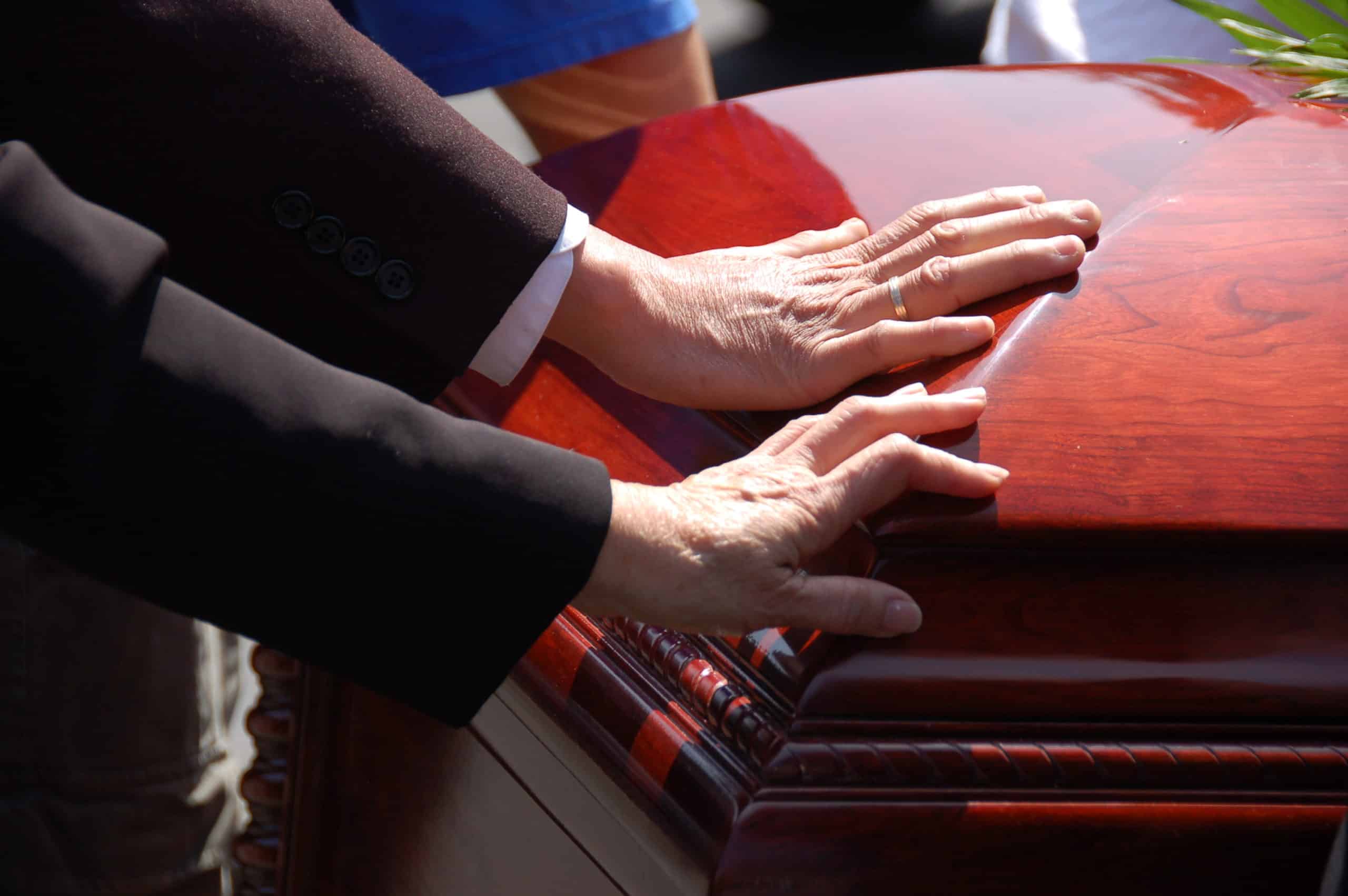
8) Plan Ahead
Planning your funeral service has innumerable merits:
- You will ensure that you are remembered and celebrated in the manner that you want.
- Your surviving family will only need to carry out your wishes and spend more time dealing with their emotions.
- You can make pre-payment plans with a funeral home of your choice.
- If you have any documents you want your loved ones to have, make provisions with your legal adviser to get these documents to them.
Please visit our Funeral Resources page for additional links to help plan your funeral.
Contact Florida Probate Law Firm today if you or your loved one need help setting up a Totten Trust or other estate planning documents.

